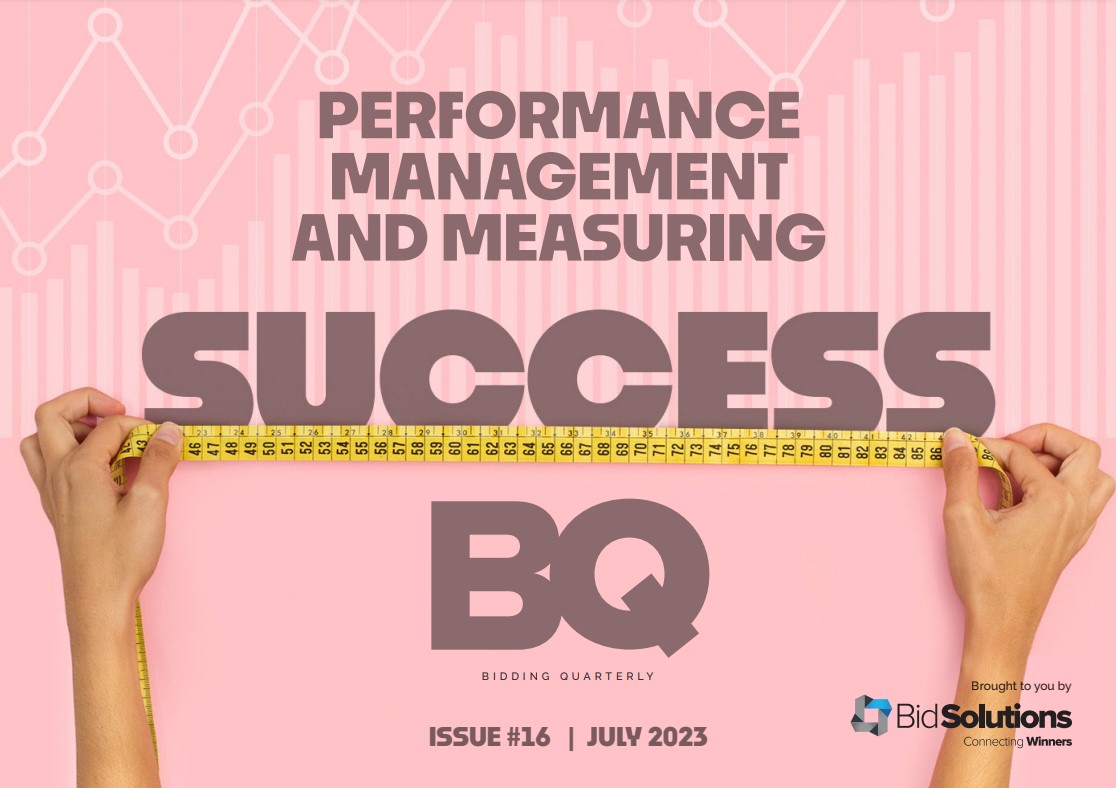
I want to take you on a meandering little journey through the last two and a half years. What’s in it for you? Well, it should demonstrate that you don’t have to get it right all the time; you can learn, grow, and take the team with you. And that while formal processes are important, culture is critical.
Although Pipster is over 10 years old, it is a relatively new organisation having only taken on staff at the end of 2020. We are the epitome of a ‘Learning Organisation’. It never stops. We are always trying to improve collaboratively, tweaking and changing processes as a team to ensure efficiency, as well as improve customer and individual satisfaction. Aside from the formality of developing process and policy, our supportive culture has deepened – we nurture performance and personal development, bringing staff on as a team and as individuals, providing opportunities for growth and celebrating success.
SO GOOD IT HURTS
My support for individual personal development has been so good I’ve lost two important team members. One was headhunted for a new bid team in the City and one left to set up their own consultancy. I could take this as failure – losing people is never nice – but I actually see this as a positive. I’ve nurtured and supported them enough to give them the confidence to stretch for and achieve their personal dreams. And I wholeheartedly support them in their futures, even if we all miss them. Once a Pipster, always a Pipster.
So informally, we are getting it right. What we haven’t done so well perhaps, is to formalise performance management and continual development – we have tried, but it has fallen short of the mark so far. This was evidenced by a recent employee engagement survey, where more than half of the staff said we weren’t getting performance evaluation right. But we are on an improving journey, and will continue to adapt and ensure what we are doing is relevant and actionable for all individuals.
SUCCESS FACTORS
Way back at the beginning of the team, I created three success factors linked to customer satisfaction and process – was the bid submitted on time, was it completed to the required standard, and was the client satisfied? I wanted to have some sort of measurable for performance and this seemed like a simple way to understand that we had achieved what we had set out to do. But it wasn’t enough, it didn’t stretch anyone, and to be honest, it was more business as usual rather than performance measurement.
FORMAL PROCEDURES LINKED TO BONUS
I knew I needed to do something that could be linked to a bonus each year, to give the team something to strive for, both personally and for the business. In fact, they all said they wanted something more formal. We decided on annual objectives linked to bonus with twice yearly line manager meetings. The bonuses were linked to one company target and three personal targets – all very personal and depending on where each individual is in their career and aspirations. These were set in May for the following financial year, with a six-month review and update. The team embraced it and off we went. Objectives included getting three lots of positive client feedback, attaining APMP Practitioner, and getting LinkedIn followers to 1000.
In hindsight, we ended up with activity-based targets, with nothing to challenge and no alignment with business success. Even the Personal Development Review process was managed ineffectively. I hold my hands up to that. We thought that positivity would breed success and didn’t highlight any failings. But actually, I’ve learnt there should be difficult conversations if people aren’t performing. They need to know they are not hitting the mark so they can improve. In life, I’ve always embraced failure as a stepping stone, and encourage others to do the same, but seemingly forgot about this when completing performance reviews. I thought the more positive I was, the more they would strive further. But I was wrong. It’s funny, as we all write about performance monitoring in bids – I appeared not to take any of my twenty years of knowledge into account when developing my own company processes.
SUPPORTIVE CULTURE
Key to individual success within Pipster is obviously not down to formal performance monitoring processes. What has worked has been the informal and consistent two-way feedback, through regular reviews, one-to-ones, team reviews, spontaneous chats and messages via WhatsApp, and the embracing, supportive culture of the Pipster team. We want each other and the business to succeed, and our clients to win. As a small community, we ensure each other feels valued and encouraged, enabling the growth that breeds great performance.
TRAINING AND A RETHINK
We certainly have a lot to learn and several of us will be undertaking some focussed performance training soon. This will make sure any goals and objectives we are collaboratively setting are appropriate and challenge every individual to be a better version of themselves. I continue to be mentored and coached as a business owner and have had several conversations about setting the right business objectives and using those to create stretch targets and activities for each member of the team, linked to a personal development and training plan. I was interested to see OKRs (Objectives and Key Results) mentioned several times on LinkedIn, and this aligns with what I am wanting to try next. I just have to develop the plans properly and roll them out to the team – often difficult with the amount of bid work we have, where I’m having to work more in the business than on it. Frustrating.
As I sit here and write this, I know I haven’t got it right yet. I am committed to developing and refining our formal performance management processes, and engaging in difficult conversations where necessary. However, I think the most important thing is to continue to foster our collaborative culture of appropriate feedback, support, and celebration. This will ensure we propel each Pipster, the business, and our clients towards continued success.
The Pipster journey continues…
This article was written by Pippa Birch.
Pippa has been a Bid Writer for 20 years, working as an employee for major companies within the Highways and Civil Engineering Sector before going freelance in 2012. Pippa and her team write for companies across a variety of sectors (construction, facilities management, custody and forensics) although core clients are from highways and civil engineering. Pipster Solutions has become a successful, sustainable business with over 40 clients.

